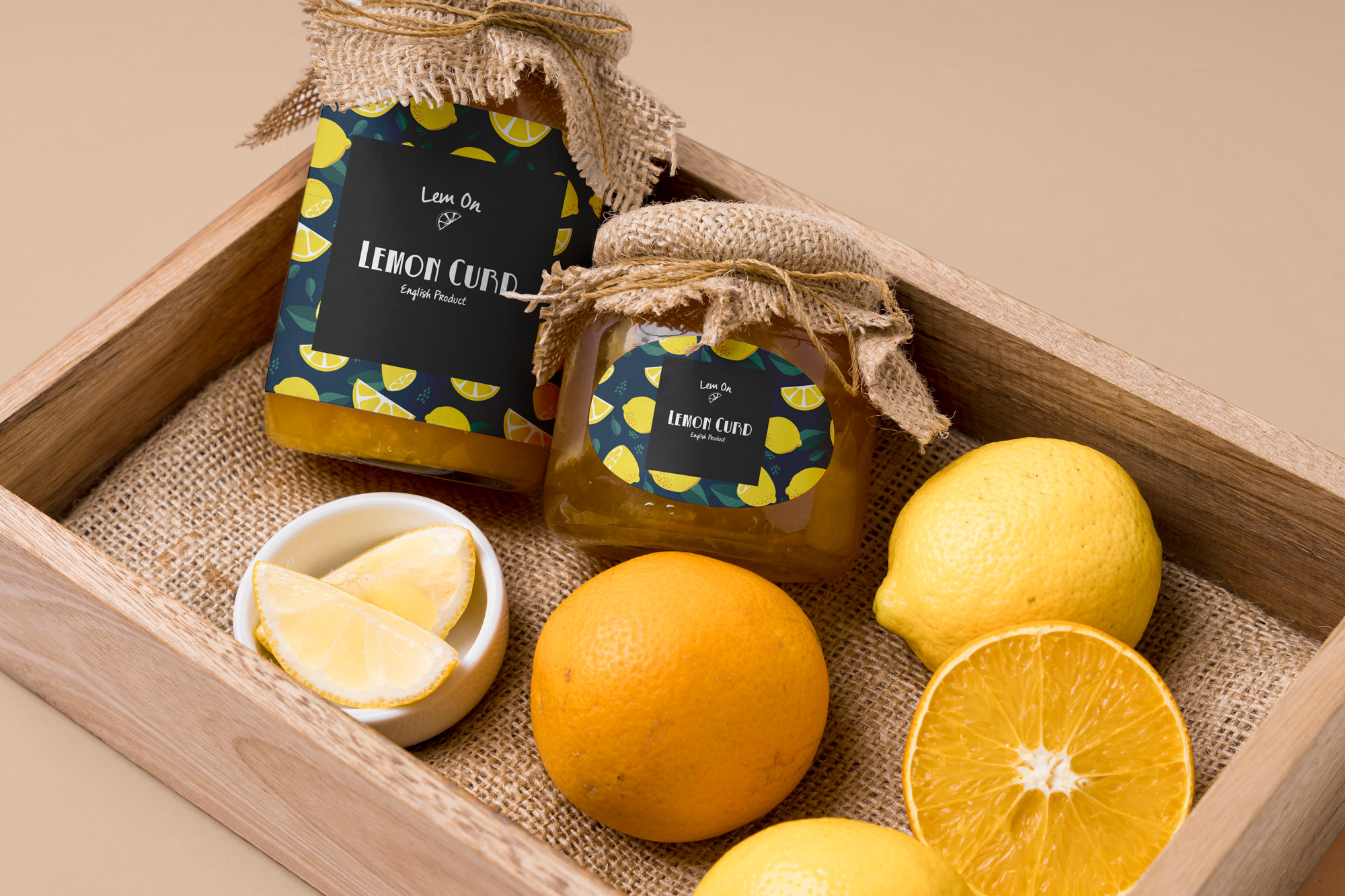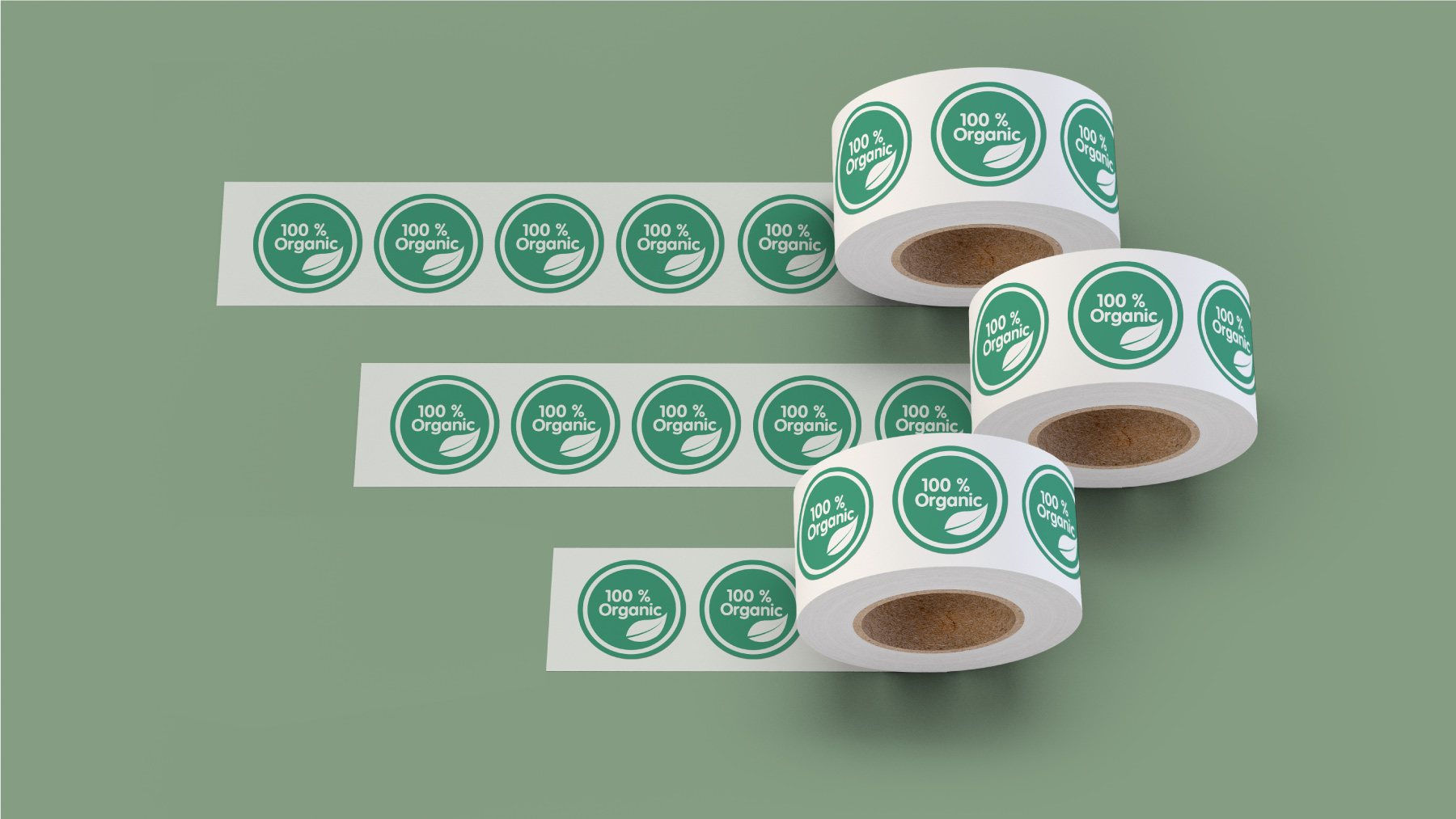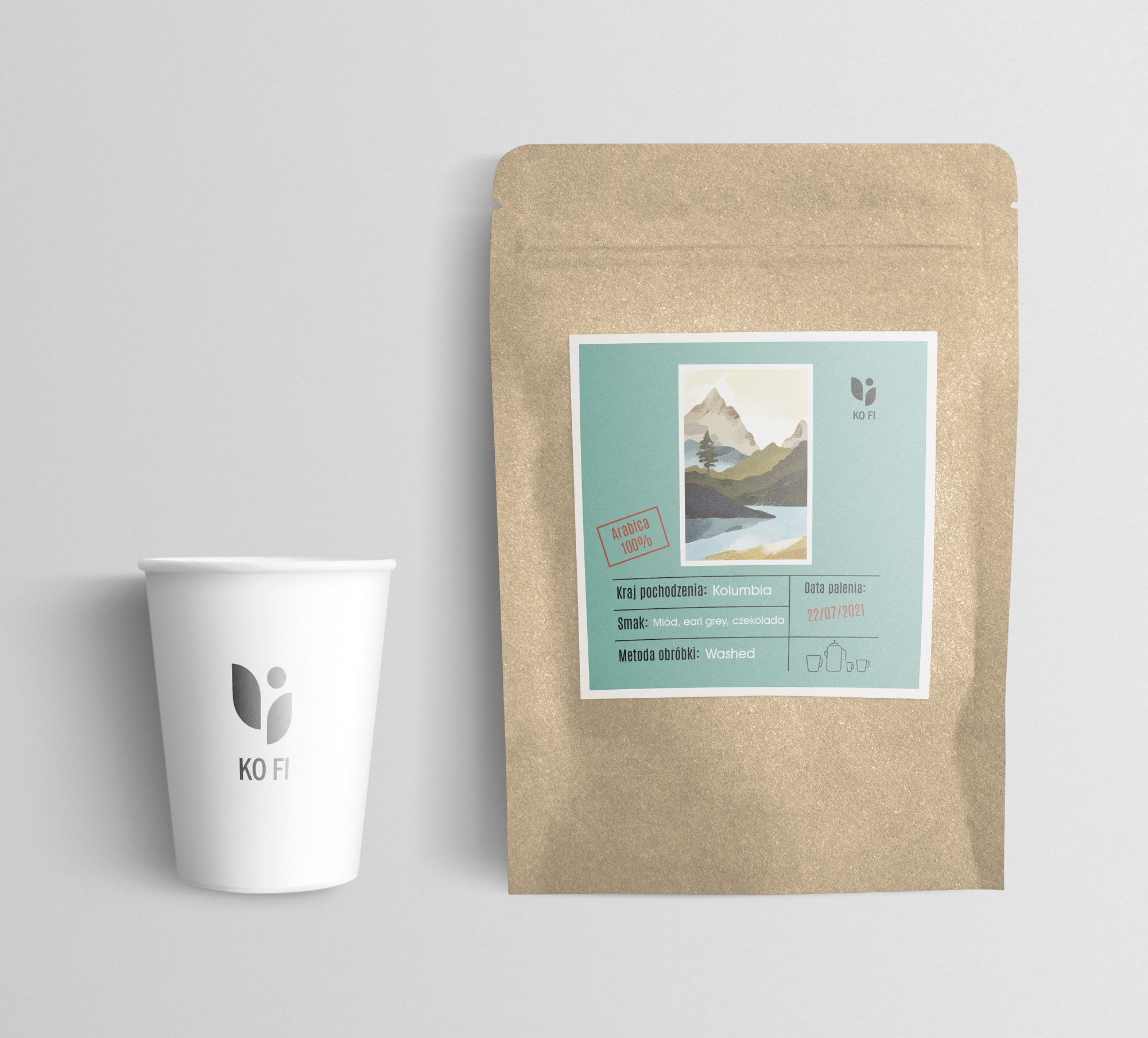 Biobased
Biobased
labels

The hierarchy of preferred ecological activities in European Union Directive 2008/98 / EC on waste, places the use of renewable sources on the same level as recycling. In the case of paper labels, the use of renewable material is a relatively simple operation because wood is a renewable source. Our job is to ensure that it comes from certified source that cultivates wood responsibly. The most respected certificate in this matter is the FSC (Forest Stewardship Council). It ensures that the paper was made of wood from legal source. We make every effort to ensure that all paper labels produced by us are made of materials with this certificate.
With foil labels, the situation is a bit more difficult. Plastic granules are made from crude oil, which is a fossil fuel. In order to eliminate fossil fuel use manufacturers of label materials have developed ways to produce plastic films from renewable sources. Examples are sugar cane and tall oil, obtained in the process of converting wood into paper. They are called bio-based films. Apart from the ecological aspect, their main advantage is the identical appearance and the same functional properties as those of standard materials. What should be remembered is the fact that although these types of films are made of plants, this does not mean that they are biodegradable. Such films will degrade in the same amount of time as petroleum based films.
Good information is that they can be recycled just like standard foils while the impact on CO2 emissions will be much smaller than that of the standard material.
Ecological benefits of using Biobased labels:
- completely eliminate the use of fossil raw materials in the production of labels
- eliminate the impact of packaging on the reduction of forests
- manage the waste generated in the paper production process
- Biobased materials can be recycled just like standard foils and have identical properties
Need a quote or assistance?
Write to us and we will answear as quick as possible.
Contact via email or contact form.





